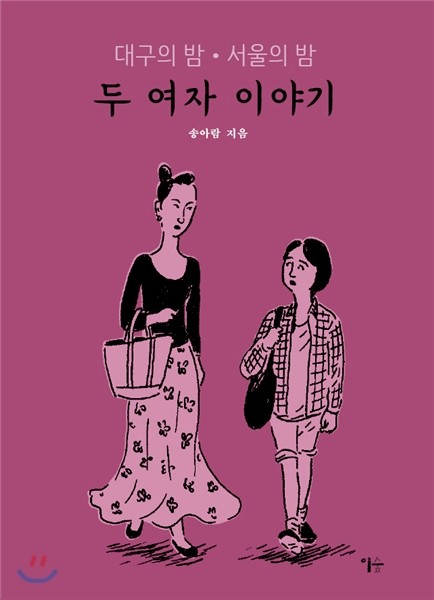DEUX FEMMES
About the Books
- Author
- SONG ARAM
- Co-Author
- -
- Translator
- YEONG HEE LIM
- Publisher
- EDITIONS CA ET LA
- Published Year
- 2018
- Country
- FRANCE
- Classification
-
KDC구분 > literature > Korean Literature > Reportage > Misc.
- Original Title
- 두 여자 이야기
- Original Language
-
Korean(한국어)
- Romanization of Original
- Du yeoja iyagi
- ISBN
- 9782369902560
- Page
- 168
- Volume

- 두 여자 이야기
- Author : Song ARAM
- Published Year : 2017
- English Title : Two Women
LTI Korea Library Holdings1
| No. | Call No. | Location | Status | Due Date |
|---|---|---|---|---|
| 1 | 프랑스 657.1 송아람 두-송 | LTI Korea Library | Available | - |



